QuestionHi,i bought a plum headed parrot 2 days back.It looked healthy and very very active.Put him in a new cage that was painted freshly.He tried getting out of the cage pushing his head around the walls,i think the tray might have injured his head a bit but it cannot remove a patch of hair like this,is this some kind of disease.
Secondly,he chews everything that is in front of him os i am afraid of training him to sit on my hand,when i put my hand in the cage he just runs here and there and is scared of him.
Thirdly,he was talking and making sounds like whistling the first 2 days but now since yesterday he is totally quite?i changed his cage and place though?
There is not a bird doctor here in lahore that i know of and my vet for my cat does not see parrots?
What should i doo?
I have 2 indian ring neck parrots,have them since a month,they still do not parrot talk or human talk,i spend alot of time with them everyday?what should i do more to gain trust?
Can i get their wings clipped so that they dont fly away when i take them out in my room as once i had a really hard time catching them and putting them back.
Kindly advice?
Saman
AnswerHi, Saman,
I picked up your post this morning from the question pool. Whomever you sent your questions to originally could not answer for some reason.
How old is your new bird? Is the bird's cage large enough? What is your bird's sex?
Regarding the baldness - I cannot answer this question without further information. To what extent is the feather loss on the top of the head? You mention a possible injury from the tray....was there any bleeding, was a sore created, etc.? It is possible that after 2 days of rubbing the top of the head against the cage bars could create feather loss. However, I'm concerned about why this parrot wants out of its cage so badly that it would resort to hurting/injuring itself. Feather loss can be associated with poor diet, stress, disease, etc., but I don't believe this would occur within 2 days, unless the bird was ill when you bought it.
Chewing - Parrots have a natural tendency to chew. They enjoy chewing on their toys, perches, etc., and we should allow them to do so. Just because your bird likes to chew things doesn't mean it will chew on you necessarily! You will have to overcome your fear of your bird before you can work with s/he. It sounds to me like your bird was not handfed/allowed to imprint on humans as a baby and is therefore untame. But on the other hand, if you've only owned this bird for 2 days, you need to give the bird time to adjust to its new surroundings in your home and get used to you first. Then you can start the taming process.
Talking/mimicing - Your bird has most likely quieted down as a result of you moving it's cage and location. Actually, your bird may be under much stress with the move to your home being first, then being moved within your home. Give the bird some time to settle down!
I don't know that you need to do anything. You haven't given me any reason yet to believe that your bird needs certified avian veterinarian attention. www.aav.org may help you locate a bird vet in your area (if you live in the USA).
In order to gain trust in your bird, you have to be knowledgeable about bird behavior, etc., and not do anything to make your bird(s) afraid of you. Give your bird time to settle in first and then begin to work gradually/slowly with your bird. Allow your bird to come outside its cage on its own before you interact with it. Do not try to bring your bird outside its cage by forcing it to come out. This will result in mistrust. Your bird's cage is the only place in the world your bird can call its own and you should respect this.
Not all parrots learn to mimic (they don't actually talk). It's a chance we take when we buy parrots. You haven't had much time to work with this bird if you've only had it a few days. Mimicing can take a long time, even years, for a bird to learn and, even then, there are no guarantees.
It's up to you if you want to have their flight feathers trimmed. Yes, it will help in the taming process because they will have to rely on you for some of their mobility. If done properly, trimming flight feathers keeps a bird from gaining altitude when it does fly....doesn't stop them from flying. However, this will help you retreive them easier. But give the newest bird more time to settle in. Your other new birds may also need more time, depending on their individual personalities and their experiences with humans so far in their lives. Another way of catching a free-roaming parrot is to make the room dark. Birds can't see in the dark and will stay wherever last perched. This is why parrots roost for the night.
A good website for general information is www.birdchannel.com.
Chrys

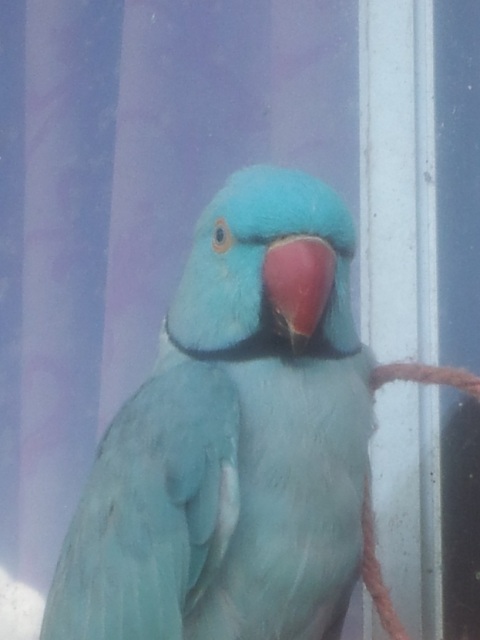 RE: Indian Ringneck probems
Question
Indy our Ringneck
Thank you for your he
RE: Indian Ringneck probems
Question
Indy our Ringneck
Thank you for your he
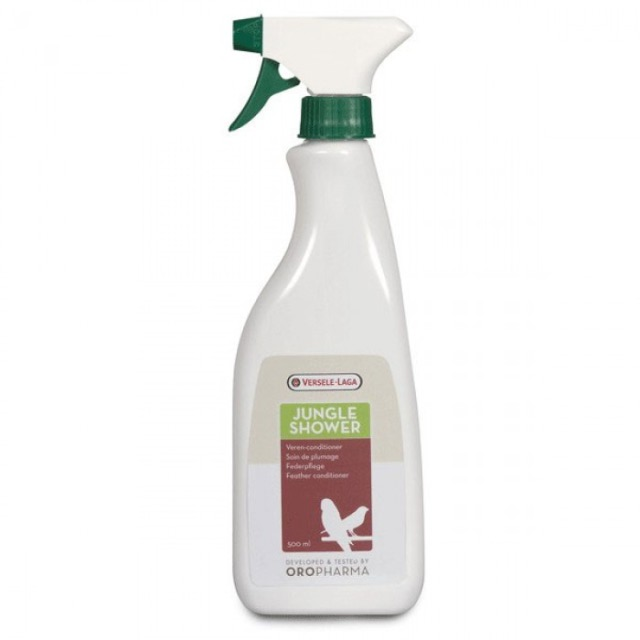 Indian Ringneck Health Issue
QuestionI have an Indian Ringneck who had been neglecte
Indian Ringneck Health Issue
QuestionI have an Indian Ringneck who had been neglecte
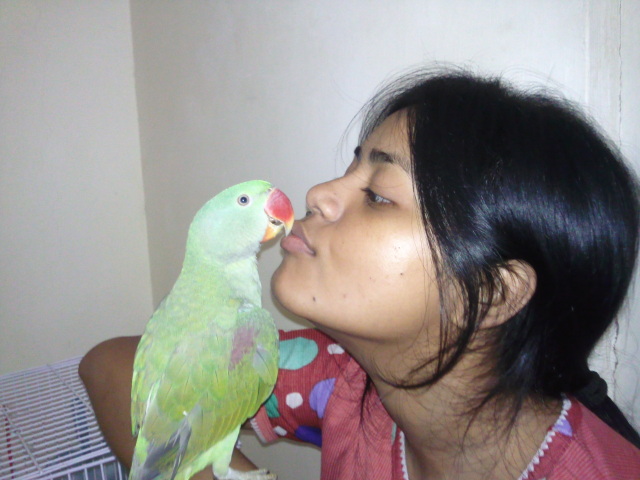 can i give my parrot chole(chana) called in hindi
Question
my little chaddi alexa
dear sir,
can give chan
can i give my parrot chole(chana) called in hindi
Question
my little chaddi alexa
dear sir,
can give chan
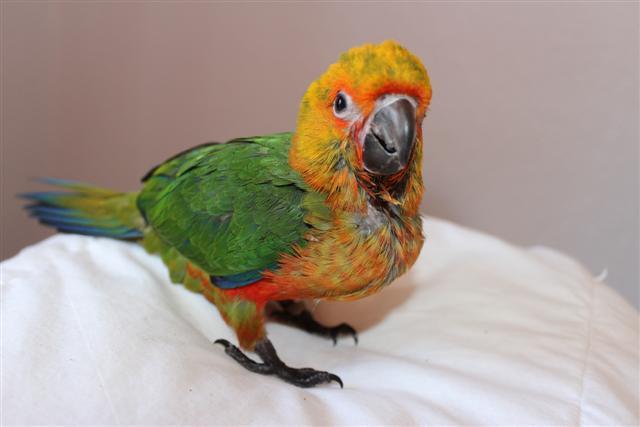 Jenday Conure Weaning?
Question
Castor the Conure
Hi
I have a 9 week o
Jenday Conure Weaning?
Question
Castor the Conure
Hi
I have a 9 week o
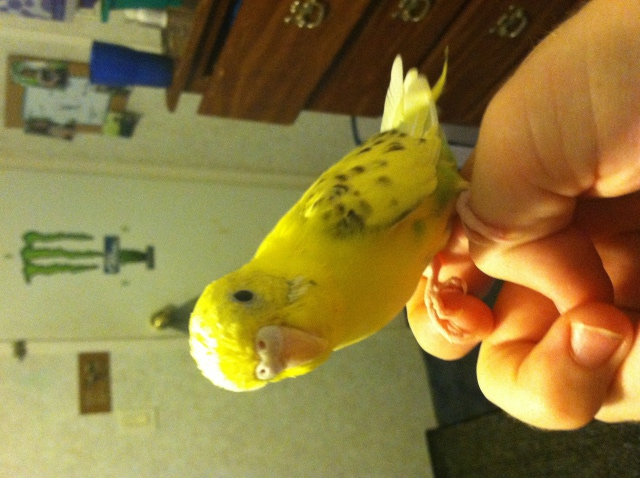 Parakeet gender
Question
Parakeet
Hi, I looked for an expert und
Parakeet gender
Question
Parakeet
Hi, I looked for an expert und